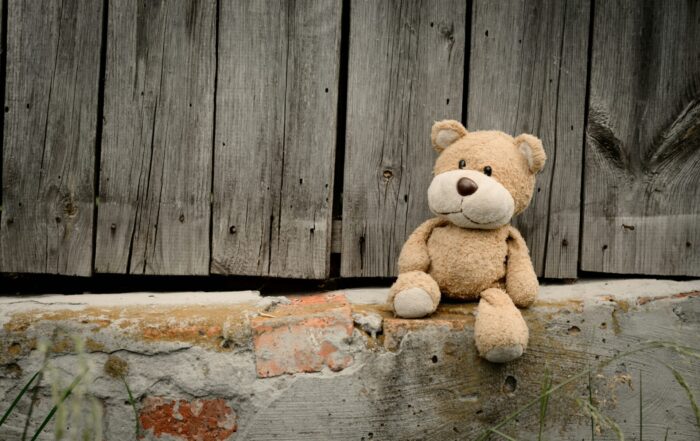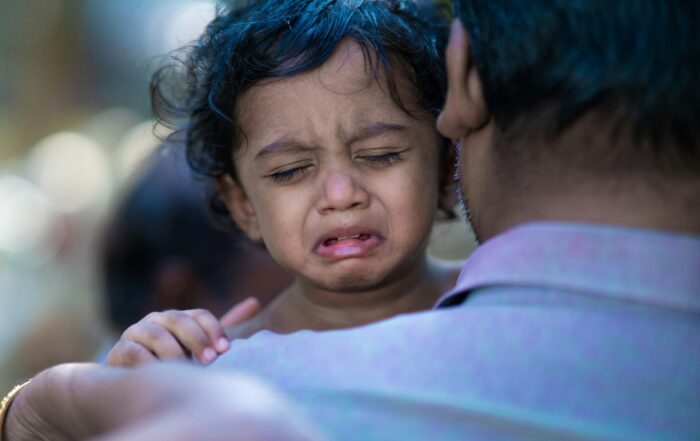
By Yann Quidé, Leonardo Tozzi, Mark Corcoran, Dara M Cannon, Maria R Dauvermann
Childhood trauma (CT) has been repeatedly linked to earlier onset and greater severity of bipolar disorder (BD) in adulthood. However, such knowledge is mostly based on retrospective and cross-sectional studies in adults with BD. The first objective of this selective review is to characterize the short-term effects of CT in the development of BD by focusing on studies in young people. The second objective is to describe the longer-term consequences of CT by considering studies with adult participants. This review first outlines the most prominent hypotheses linking CT exposure and the onset of BD.
Share This Post!
The Power of Mindfulness
By Juliann Garey Mindfulness is a meditation practice that helps you calm down. It starts with focusing on your breathing. It helps you stay in the present instead of worrying about the [...]
Adverse Childhood Experiences
By CDC ACEs are common. About 64% of adults in the United States reported they had experienced at least one type of ACE before age 18. Nearly one in six (17.3%) [...]
It Happened Here: Dr. Margaret Morgan Lawrence
By NYP History Every time she was turned away, Dr. Margaret Morgan Lawrence, whose career began at NewYork-Presbyterian in the 1940s, found a new opportunity to succeed, eventually becoming the first [...]
The Impact of Childhood Trauma on Developing Bipolar Disorder
By Yann Quidé, Leonardo Tozzi, Mark Corcoran, Dara M Cannon, Maria R Dauvermann Childhood trauma (CT) has been repeatedly linked to earlier onset and greater severity of bipolar disorder (BD) in adulthood. However, such knowledge [...]
Protecting Children from Sexual Abuse in the #MeToo Era
By Nickolas Agathis, MD Do you keep up with any modern social movements, such as #MeToo, #BlackLivesMatter or #KeepFamiliesTogether? The conversations surrounding them are still grabbing widespread attention through social media [...]
Immigrant Health is Interpersonal
By Amanda Venta, PhD Waves of Latinx immigration to the United States have changed in recent decades, and our scientific literature is only beginning to catch up. Regional violence and unrest [...]







